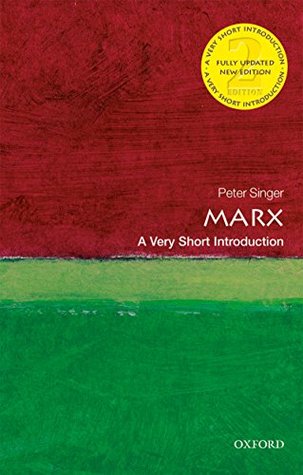More on this book
Community
Kindle Notes & Highlights
In 2017 Oxfam, the international aid organization, ran a campaign pointing out that the eight richest people in the world own as much as the poorest half of the world’s population—that is, as much as 3.6 billion people! Such extreme inequality seems blatantly unfair, but from the inequality alone, we cannot conclude that those eight richest people have made their fortunes in ways that caused the poorer half of the world’s people to be worse off. It is possible that the billionaires became rich by inventing products made in factories that provided workers with better jobs than they would
...more
Marx’s prediction that capitalism would push more and more people down to the level of bare subsistence has turned out to be mistaken, not only in industrialized countries, but worldwide. For everyone except the most hardened Marxist ideologue, that should be very good news.
Effective non-profit organizations are working to enable more people to escape extreme poverty, and to have adequate food, safe water, sanitation, education, and basic health care. Many people do support these organizations, but it is common to hear from those on the left that instead of supporting charities, we should overthrow the global capitalist economic order and replace it with a socialist economic order.
This mindset has two fundamental flaws. First, no one has any idea how to achieve the overthrow of the global economic order. Second, no one can point to a system that has been shown, in practice, to deliver better results than capitalism. Marx himself stressed how productive capitalism is. There are no examples of flourishing communist economies in which, to use Marx’s words in his ‘Critique of the Gotha Programme’, ‘the springs of co-operative wealth flow more abundantly’ than they do under capitalism.
In the years that have passed since Popper wrote The Open Society and its Enemies, we have learned a great deal about what works and what does not work in alleviating poverty. Universal free education, public housing, unemployment benefits, pensions for the elderly and disabled, and, in every affluent nation except the United States, universal health insurance, have done more to reduce human suffering than even the most benign attempts to introduce communism.


